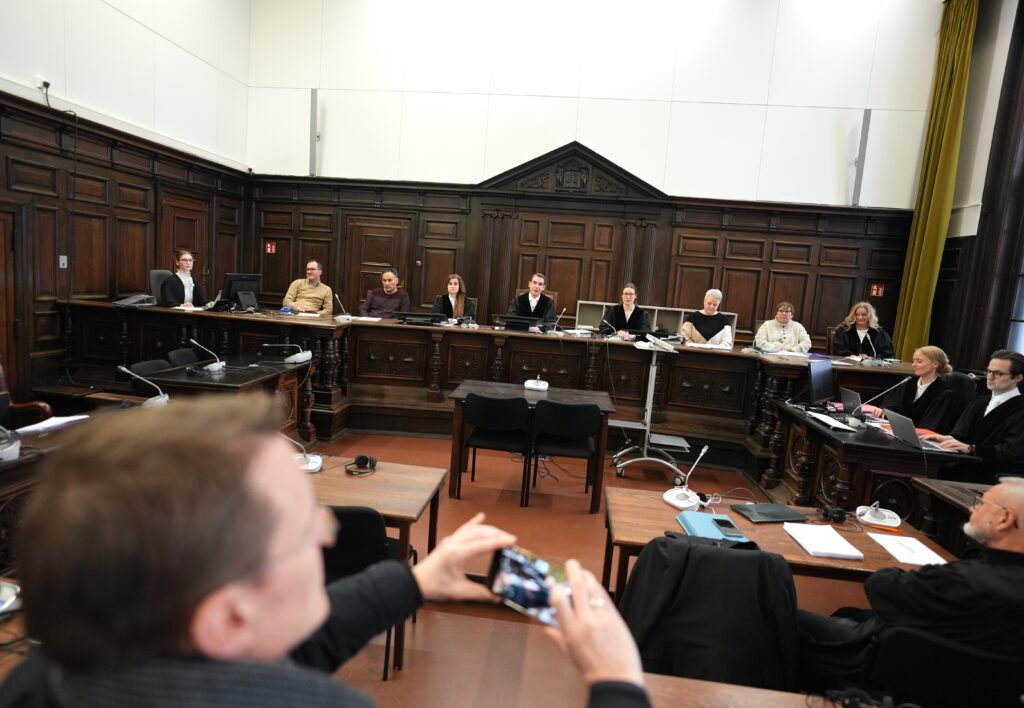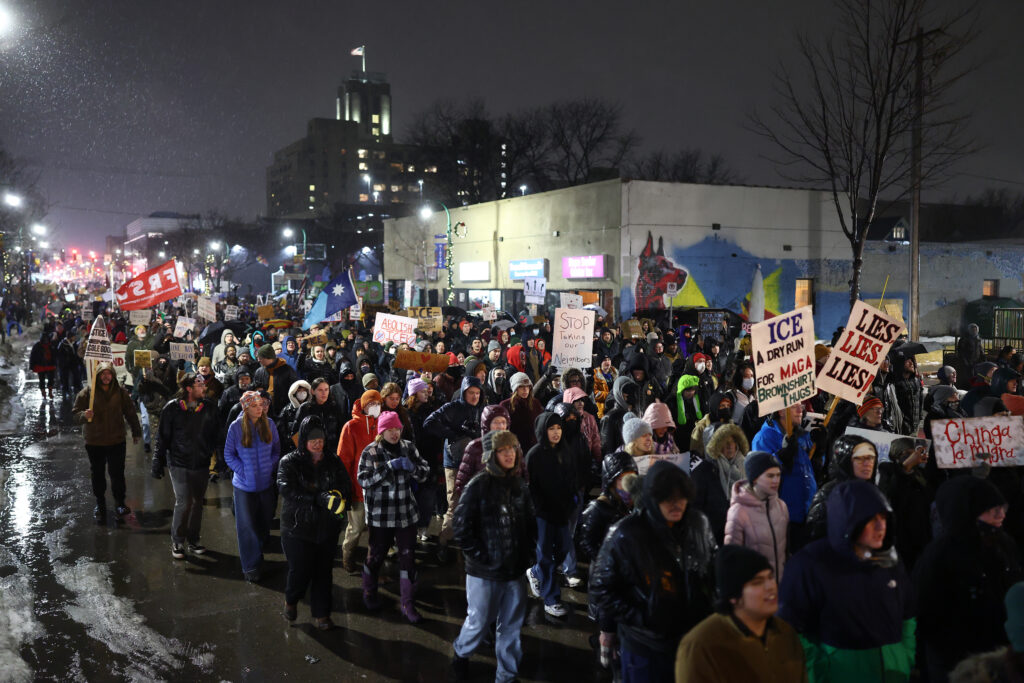Families wait in anguish for prisoners’ release in Venezuela
Dilsia Caro slept on the ground Thursday night outside the Venezuelan prison where her husband has been held since 2023 for posting a WhatsApp status update critical of the government.She rushed to the Rodeo 1 penitentiary after hearing the government on Thursday announce the release of a “large number” of political prisoners following the US ouster of authoritarian leader Nicolas Maduro.”When I heard the news, I broke down,” Caro, 50, told AFP.But the hours passed, night turned to day, and there was still no news of her husband Noel Flores.”I see this as mockery,” said Caro, who took five buses up from her home in the north-central city of Maracay to Rodeo 1, in Guatire, east of Caracas.The human rights group Foro Penal said it had confirmed the release of only eight prisoners.Former presidential candidate Enrique Marquez and opposition leader Biagio Pilieri were among those confirmed freed.Spain meanwhile confirmed the release of Venezuelan-Spanish lawyer activist Rocio San Miguel and four other Spaniards, who were immediately flown out of Venezuela to Madrid.Another rights group reported that 11 prisoners were released.On Friday, about 30 family members were gathered outside the prison.Small groups also waited outside other prisons, including the notorious El Helicoide facility in Caracas, used by Venezuela’s feared intelligence service to jail — and in some cases reportedly torture — political and other prisoners.The releases are the first since former deputy president Delcy Rodriguez was sworn in as interim leader on Monday, two days after the US overthrow of Maduro.The White House said they were proof of President Donald Trump’s “leverage” over the South American country, which he claims Washington now effectively runs.Outside Rodeo 1, some family members sang the national anthem, an ode to freedom, to keep up their spirits.- ‘I have hope’ -Shakira Ibarreto, daughter of a police officer arrested in 2024, said that she had spoken with her father by phone and broken the news to him and other prisoners of the capture of Maduro, who was transferred to New York to face trial.”He didn’t know anything,” she said.”There were several prisoners nearby, they all started shouting with excitement, applauding and the guards weren’t doing anything,” she told AFP.Outside El Helicoide, a futuristic-looking spiral structure that has long been a symbol of state repression, official vehicles came and went all morning.As at Rodeo 1, some family members waited through the night to see prisoners emerge from the gates, without being sure their loved ones were inside.A tearful Mireya Martinez said she had been without news of her son, Victor Jose Borges, for 43 days, after “hooded officials dressed in black” nabbed him at his workplace in Caracas.Marili del Carmen Rodriguez was waiting for news about her 29-year-old son, Carlos, who was detained in September.”I don’t know if he’s here, but I have hope,” she said.







